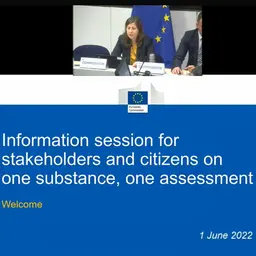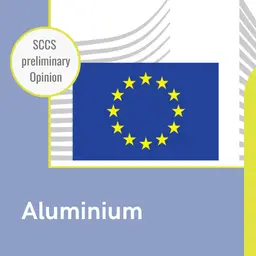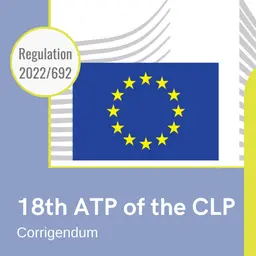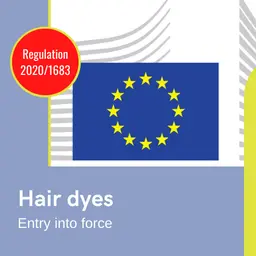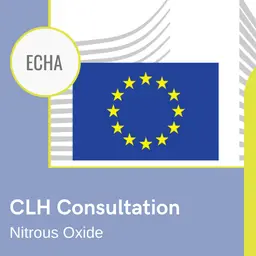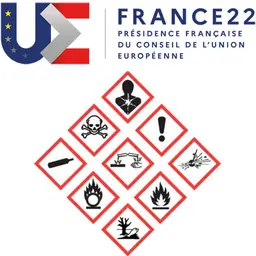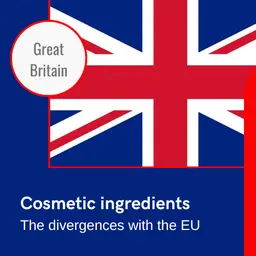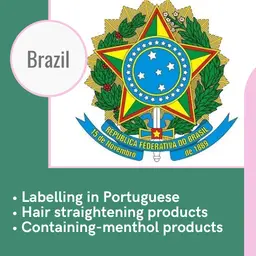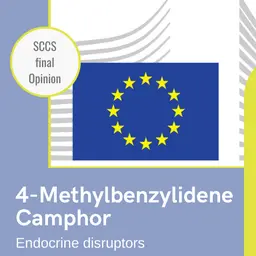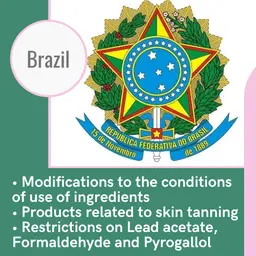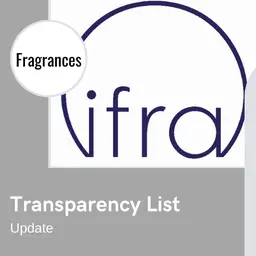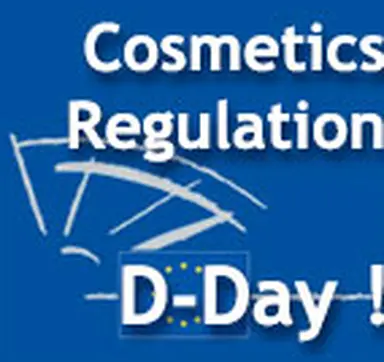
As anyone even remotely involved in the cosmetics industry is aware, the new European Cosmetics Regulation, number 1223/2009, is replacing the previously applicable Directive as of today. Designed to provide the consumer with increased safety, more information, and more transparency, it imposes several new requirements on industry professionals. But what is actually changing?
The process began with a draft adopted on 24 March 2009. It was a new-and-improved version of the Directive, which had already been amended 55 times since taking effect.
Changes include the following:
- Safety must be assessed more thoroughly before cosmetic products are placed on the market.
- Nano-ingredients, which regulations had not previously covered at all (but which were indeed present in formulas!) must be better studied, reported, and listed as ingredients.
- A system of harmonised cosmetovigilance for the whole of Europe, making it easier to detect undesirable effects and to respond with solutions better suited to the market
- Stricter monitoring for advertising claims
This was excellent news for consumers! There would be a few new requirements for manufacturers, but they would have plenty of time to implement the necessary changes before 2013, or so it seemed. In reality, moving from theory to practice in a regulatory framework has turned out to be a major undertaking. Let’s explore what those nice new principles from 2009 have become today, as they go into force.
What are the consequences of the safety assessment, codified and outlined in Annex I of the Regulation? This is a heavy burden on companies, especially the smallest, …

